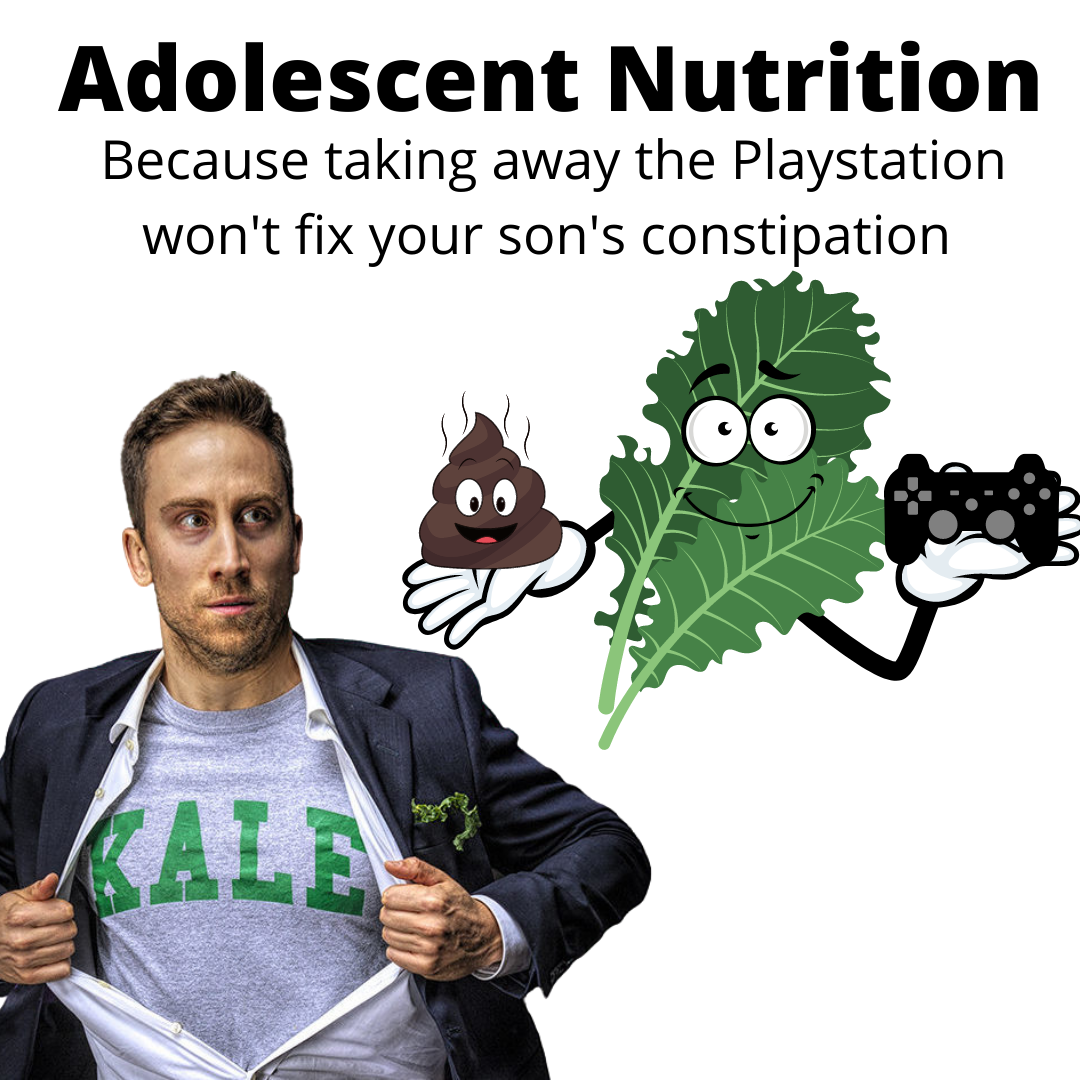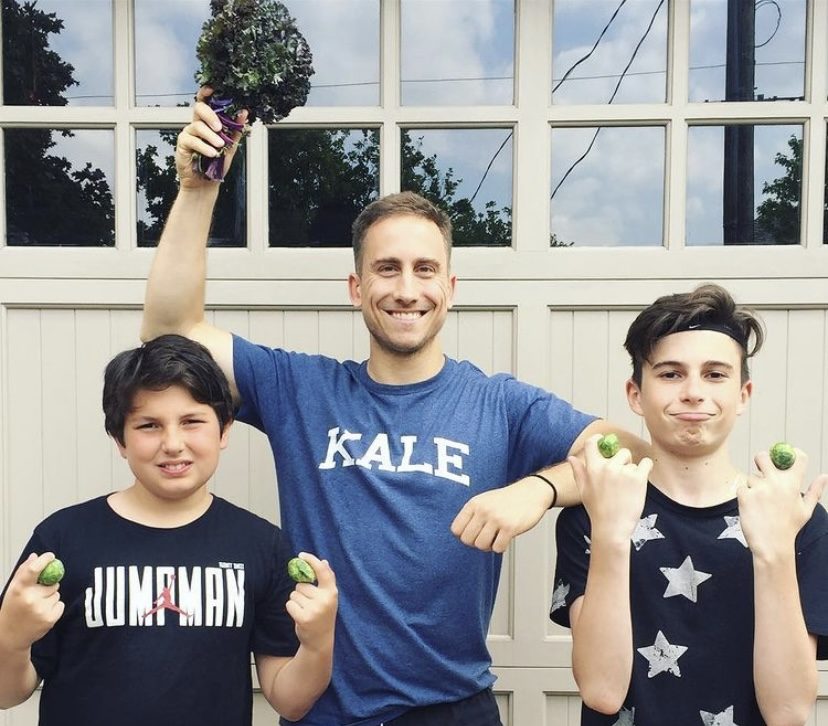Inadequate vegetable intake is one of the biggest issues in the world of adolescent nutrition and while I operate a general dietetic practice, I can’t deny that teenagers are one of my fastest growing demographics.
The most common scenario I tend to face is receiving a call, often from a mom, about a son who just doesn’t want to hear her go on about vegetables anymore.
Sound familiar?
It’s not your fault, just read this quote from a 2016 PNAS journal publication:
“Behavioral science has rarely offered effective strategies for changing adolescent health behavior.”
What a surprise that even scientists do not know what to do with teenagers – not!
There is good news, working with a dietitian like myself can help.
Positively Influencing Your Adolescent
In all fairness, the adolescent years are perhaps the most volatile in a person’s life, and there does not appear to be a silver bullet solution on the table.
The evidence is certainly mixed.
The implications for utilizing sound practices in this regard go well beyond just nutritional health, as well meaning strategies that are carried out poorly could do a great deal of harm to a child or teen’s relationship with food and/or body image.
On the one hand, a 2016 journal article from BMC Public Health found that sub optimal eating habits among adolescents ( ie: not eating their fruits & veggies) was more likely to occur in homes where parents that did not offer up some form of structure around mealtime ( ie: no TV at dinner etc).
Yet studies also show that, unsurprisingly, adolescents value autonomy in their decision making – including as it relates to food.
This should not shock any parents of teenagers out there.
Reconciling the desire to set some parameters on household eating with an adolescent’s desire for autonomy and to make choices in line with their own values is the ultimate challenge for any parent.
That’s where a dietitian like myself, comes in – so feel free to reach out!
But today’s blog post isn’t all about me.
Here are some general suggestions based on 2015 review paper out of the Nutrients Journal:
- Keep the availability of healthful foods high.
- Match the level of control you exert over food choices at home with the level of warmth with which you exert it.
- Focus on controlling what is made available and accessible and less so on what and how much your child chooses to eat.
- Lead by example and be as encouraging as possible .
- Convey expectations and standards as it relates to food in the home without being overly intrusive or restrictive .
- Focus on eating , shopping for and preparing food together as often as possible.
- Accept that as adolescents age their peers may impact their food choices as much as you do and avoid trying to exert too much control ( especially psychological) over food intake.
- As with children, avoid using food as a reward.
- Use “should” rather than “must” language to convey authority without threatening autonomy.
- Do not overemphasize healthy eating as it relates to long-term health outcomes, because most teenagers simply don’t care.
- Be as involved with food as you are with anything else in their lives, no less and no more – as is reasonable.
Take Home Message: Influencing an adolescent’s food choices is tough, but I can help!
Until then,
Andy De Santis RD MPH
OH……
And if your son thinks dietitians are no fun – show him this graphic




